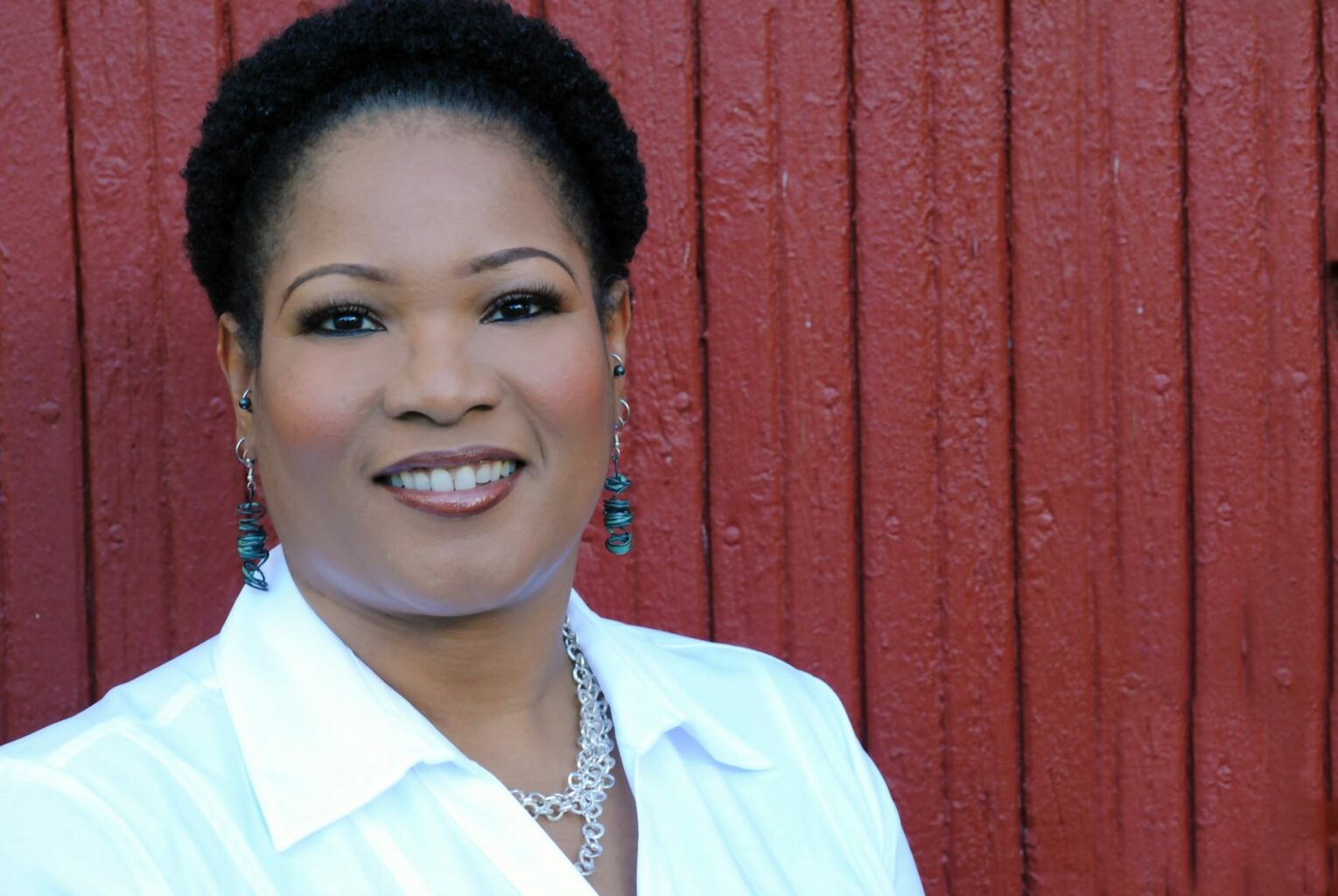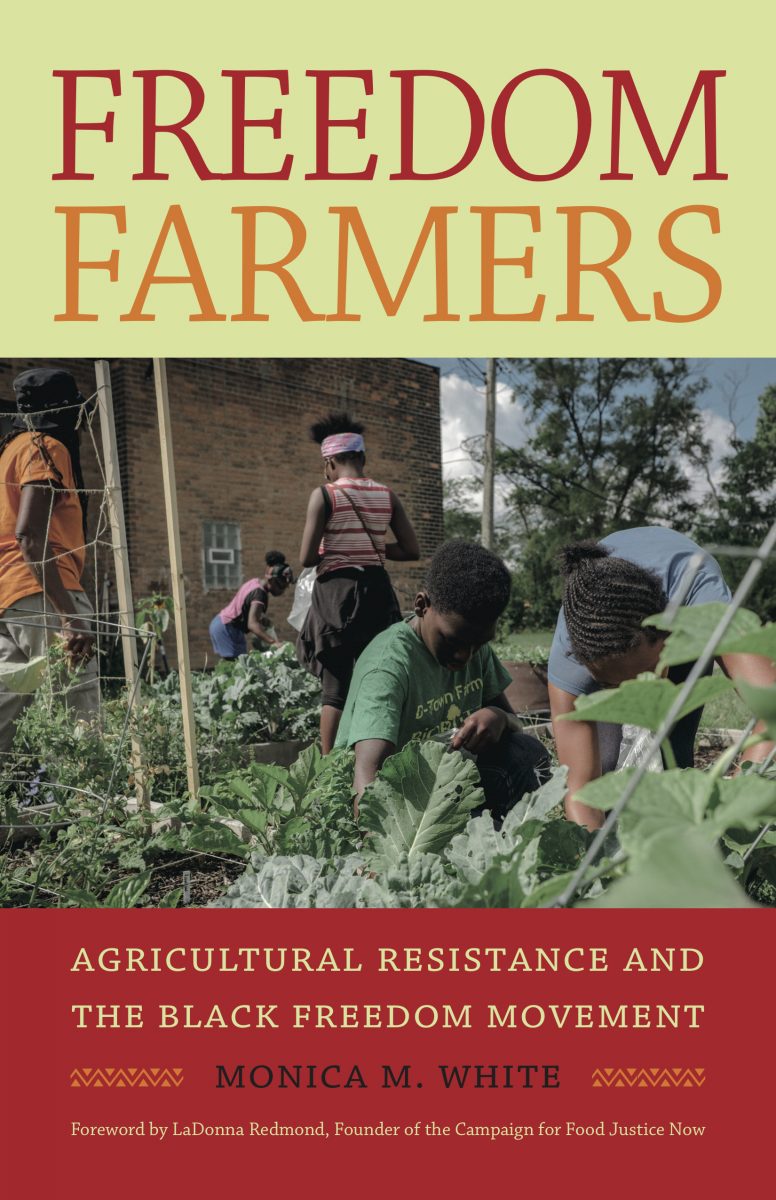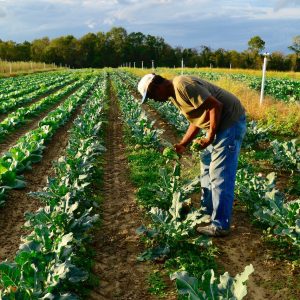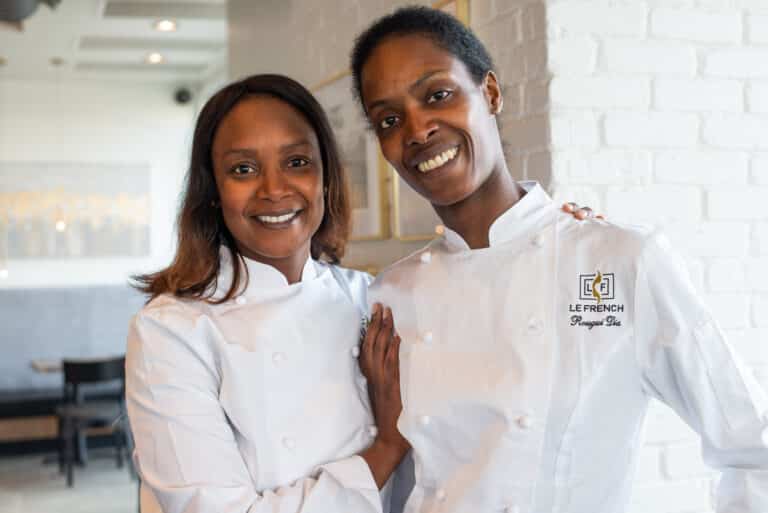How Black farmers turned agriculture into resistance.
When Dr. Monica M. White was a faculty member at Wayne State University in her hometown of Detroit, Michigan (2005-2012), she noticed a revival of urban agriculture in the city. “I had known about the resurgence of the urban ag movement around 2006-2007 and recognized that all the images and stories projected were not African- American.”
These were more recent transplants to the area that wanted to engage in the agricultural movement but there was no acknowledgment of the city’s prior agricultural movement and the role of the African-American community. “I wanted to tell the story with respect to the people who were critical to this revitalization,” says White, now an assistant professor of environmental justice at the University of Wisconsin-Madison, where she teaches environmental justice, urban agriculture and food systems.
Tracing the Storyline
The foundation was born for “Freedom Farmers: Agricultural Resistance and the Black Freedom Movement,” authored by White, which offers a fresh look at the topics of farming and food accessibility in urban spaces. The book presents a new narrative to the black farming experience, viewing agriculture as resistance and liberty rather than oppression and exploitation, the more popular lens through which it is primarily viewed. Tracing historical events from the early slave gardens to the Colored Farmers Alliance and onto current day urban cooperatives and farmers, White highlights the path of black farming to food sovereignty, expanding the scope and reach of the black freedom struggle to include the contributions of southern Black farmers and organizations.
She began working with the Detroit Black Community Food Security Network (DBCFSN), an organization that seeks to create self-reliance, food security, and justice in Detroit’s Black community, as she further researched the topic. “We had conversations about the ideas and strategies that Black farmers were using to rebuild community and develop wellness, self-determination and reliance,” she shares. This got her pondering about whether there were other moments when African-Americans particularly used agriculture as a strategy of resistance and rebellion. Her research took her to the South to learn more about African-Americans and cooperatives and how that was a part of the civil rights movement. She observed an interesting trajectory of these moments when either agriculture and/or food was a strategy or a feeling for collective community action.
Providing the Framework
White further retraced the role that food played even in provisional grounds or slave gardens when market day would provide an opportunity for people to not only trade and barter products grown outside their homes but also to enjoy music, art, traditional African religions and more. “That was, to me, using food as a place to remember culture but also to carve a space out of this horrible, horrific institution called slavery. Most people talk about African-Americans in agriculture through the lens of slavery, which is a part of our history, but for that to only be the frame that we use to talk about it is a deficit model. I tie in ways that the community has used agriculture and food as strategies of resistance and resilience.” In the book, she brings together other historical examples that provide a contextual framework to why the urban ag movement exists and how it is important.
- African American Organic Farms Become the Focus of Philanthropic Tour
- Tanya Fields and Mama Tanya’s Kitchen Empower Women Through Food
In demonstrating substantial contributions to agriculture in America by Black farmers who labored on the land and then owned it, some of the people she talks about include Booker T. Washington, George Washington Carver, W. E. B. Du Bois, and Fannie Lou Hamer. All were influential in working in agriculture as a path to wellness and community. Organizations that played an integral role included the black agricultural cooperatives of the American South such as the Freedom Farm Cooperative (FFC), North Bolivar County Farmers Cooperative (NBCFC), the Federation of Southern Cooperatives (FSC) and DBCFSN. They helped bring self-sufficiency to the Black community via access to land ownership and management of land that helped communities flourish. That stewardship of land has paved the way for future food justice systems.
Involving the Community
What role then can people today play in the urban ag industry? “If we recognize that currently about 1.4 percent of all farmers are African-American, given the importance of agriculture in the past, that is a precipitous drop. There is a crisis in terms of black land stewardship, the numbers of Black farmers, and access to land,” she notes. However, White points out that the enthusiasm of the urban ag movement and food justice conversations happening in cities is an opportunity to involve the younger population interested in growing food, accessing land, and using food as an instrument to rebuild communities. One suggestion is for organizations to actively reach out to Black farmers to support them and their causes. Another is to work with wellness ministries in black churches or have farmers’ markets in schools in predominantly Black neighborhoods.
She adds, “People are celebrating our history in a different view.” The book has been well received across different factions, from Black farmers and students who are studying African-Americans in food to Black food justice organizers and generally members of the community who are actively involved in the food movement, history, and academics. “We normally talk about agriculture as exploitation and oppression, consistent with the idea put forth by Chimamanda Ngozi Adichie’s ‘The danger of a single story’ TED talk. But to uncover this course of conversation about the ways food and agriculture have been used as a part of community building and wellness is a different layer that people are excited to hear.”
- Ashleigh Shanti Finds Her Place with a Vision and Voice in Asheville
- Reginald Martin Preserves Blueprint for Generational Success
Learn more about White and her book on www.monicamariewhite.com or follow her on Twitter.
“Freedom Farmers” is available on Amazon.
This article contains an affiliate link. Please see our disclosure for more information.













